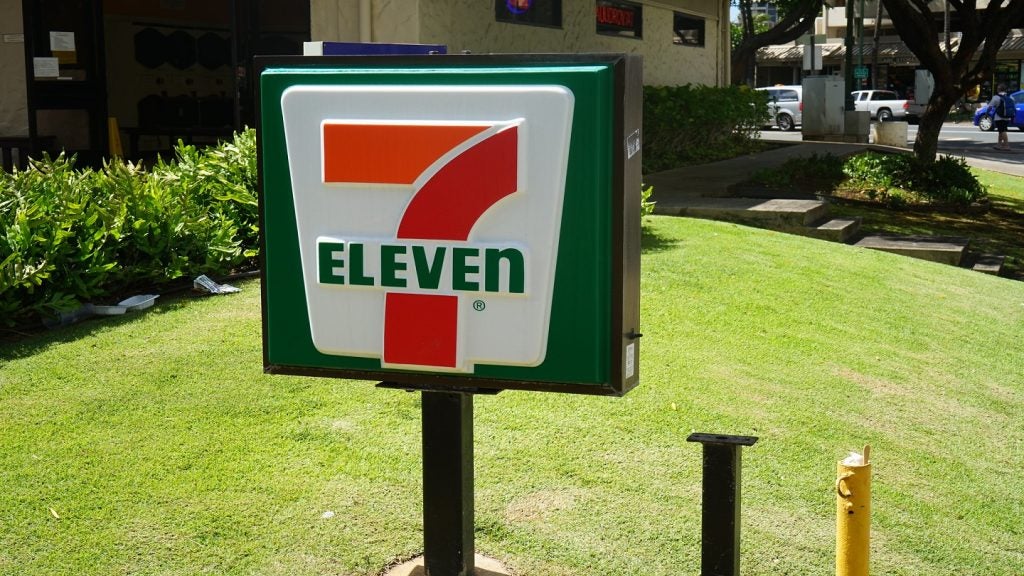Seven-Eleven Hawai‘i has reached an agreement with the US Environmental Protection Agency (EPA) to audit all of its properties for the presence of large-capacity cesspools (LCCs).
The agreement comes after the EPA discovered three LCCs serving Seven-Eleven Hawai‘i facilities.
The retailer will pay a $145,000 penalty and agreed to conduct a self-audit of the 58 locations it operates in the state.
In addition, the convenience chain will work with the agency to shut down all remaining LCCs.
In a statement, EPA said: “Seven-Eleven Hawai‘i will perform an audit of all its properties in the state of Hawai‘i to identify all remaining large capacity cesspools.
“The company will then submit to EPA a closure plan that includes a schedule for the closure of any identified LCCs. Once EPA approves the plan, the company will close the cesspools.”
Cesspools in Hawai’i are used for disposing of untreated sanitary waste and most cesspools in the state are not regulated by EPA.
According to the agency, cesspools collect and discharge waterborne pollutants such as untreated raw sewage into the ground.
Under the Safe Drinking Water Act’s Underground Injection Control programme, the EPA required all large-capacity cesspools to close by 5 April 2005.
However, in July 2021, the agency identified two Seven-Eleven Hawai‘i locations in Hilo and Pahoa on the Big Island that operates with LCCs.
The agency also identified an additional location in September 2021.
EPA Pacific Southwest regional administrator Martha Guzman said: “It is crucial that businesses use proper wastewater treatment systems to protect groundwater from disease-causing pollution.
"This settlement will help protect the islands’ groundwater by requiring the closure of all remaining Seven-Eleven Hawai‘i illegal cesspools.”









